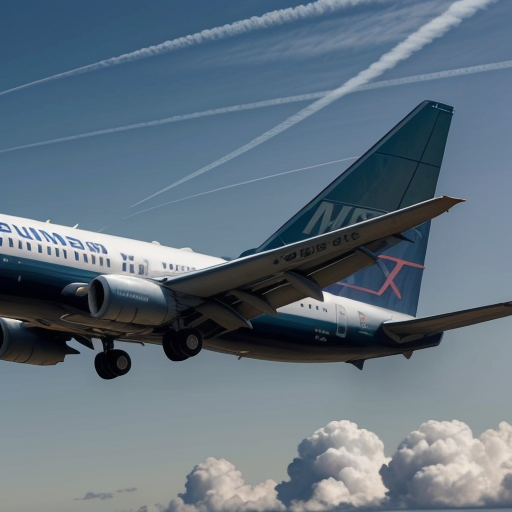
The Incident
On May 25, 2023, Southwest Airlines Flight 746, a Boeing 737 Max 8 (registration N8825Q), was en route from Phoenix to Oakland at 34,000 feet when it experienced an unusual maneuver called a Dutch roll.
The maneuver resulted in "substantial" damage to the aircraft's tail section, including the rudder's standby power control unit (PCU), which is a backup system in the event of a failure of the main rudder power unit. Despite the damage, the aircraft was able to complete the flight. No injuries were reported.
Investigating the Dutch Roll
A Dutch roll is an airplane maneuver that involves simultaneous yaw (side-to-side motion) and roll (see-saw motion). It typically occurs when the balance between the lateral (roll) and directional (yaw) dynamics of the aircraft is disturbed.
According to Ken Byrnes, assistant dean and associate professor of aeronautical science at Embry-Riddle Aeronautical University, Dutch rolls can lead to dynamic instability, causing the aircraft to oscillate in both roll and yaw directions.
The investigation into the Southwest Airlines incident is ongoing, with the FAA, NTSB, and Boeing working together to determine the cause and extent of the damage. The NTSB has retrieved data from the aircraft's digital flight data recorder and is expected to release a preliminary report within 30 days.
Implications for Aviation Safety
Dutch roll incidents are relatively rare in commercial aviation, but they can be serious. In 1991, a Dutch roll incident on a Lauda Air Boeing 767 resulted in the aircraft breaking apart in mid-air, killing all 223 passengers and crew.
To prevent Dutch roll incidents, aircraft are typically designed with systems that automatically counteract the maneuver. However, as the Southwest Airlines incident demonstrates, these systems can fail, and it is important for pilots to be trained to recognize and respond to Dutch rolls.
The FAA has proposed new regulations requiring most commercial passenger planes in the U.S. to be equipped with 25-hour cockpit voice recorders within six years, which could provide valuable data in the investigation of future Dutch roll incidents.


0 Comments